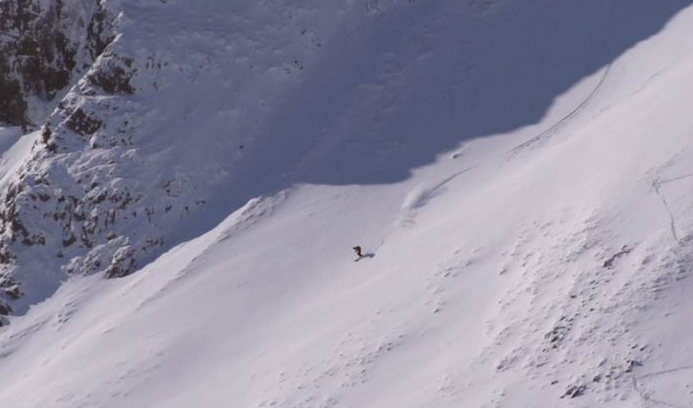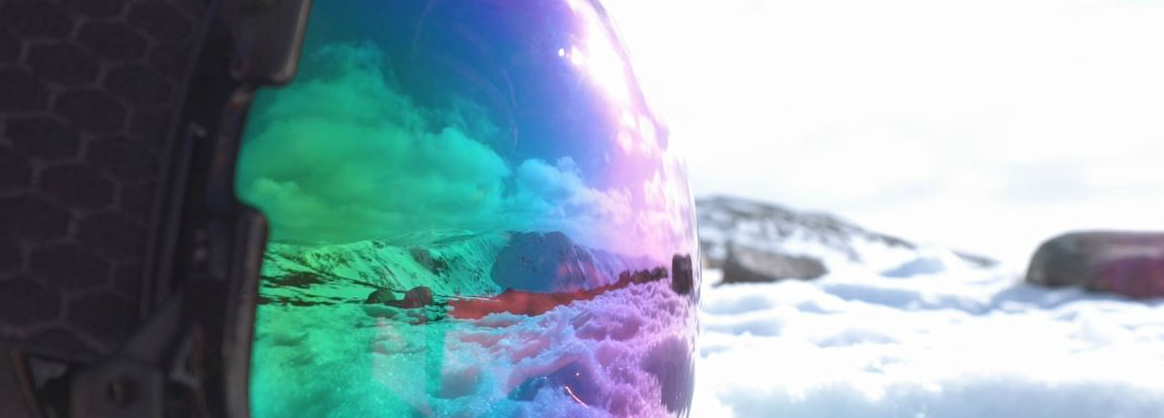A short movie exploring skiing and the philosophy of risk is to feature expertise from a University of Stirling academic.
Dr Philip Ebert, Senior Lecturer in Philosophy, starred as the main narrator in the ‘Comfort Zones’ film, which also includes an interview with Yale University’s Professor Laurie Paul.
Dr Ebert, of the Faculty of Arts and Humanities, said: “The movie focuses on some of the philosophical issues raised by the form of ‘gratuitous risk-taking’ involved in off-piste skiing. It’s an ‘ode’ to the East of Scotland as a great venue to go out, explore the outdoors and learn to ski and move from skiing on piste at Glenshee to skiing off-piste.
“As skiers, we all have to develop our own comfort zones. They will vary from person to person, depend on different factors – such as techniques, strength, risk attitudes – and cover different types of skiing, for example on-piste, off-piste, or ski-mountaineering.
“Comfort Zones explores what motivates some people to expand their comfort zones, take risks and move from piste skiing to explorative steep gully skiing in Scotland.”

Dr Ebert said the movie aims to explore and offer an explanation of why some people take certain risk, which to others may seem “unjustifiable”.
He added: “It highlights that potential risky activities can have incredible personal value to those that engage in these activities, while acknowledging that from the perspective of someone who hasn’t engaged in them, these risks might be very difficult to understand.”
The not-for-profit movie was initiated by Dr Stefan Morroccco, of Morrocco Media, a filmmaker from Blairgowrie, Perthshire, and offers a different view on people who engage in “gratuitous risk sports” – who are often stereotyped as being “daredevils”.
Dr Ebert said: “We hope to give a more nuanced and sober view of what drives people to go and take certain risks. It also tries to explain that risk judgements are very much dependent on individual factors and depend, in part, on the skills and competence of the people engaging in these sports and the value of the experiences that participants in such risky activities derive from it.”
Dr Ebert hopes the film will help viewers gain a deeper understanding of what motivates people to participate in “riskier" sports.
Beauty
He said: “Our aim was to show and make people understand that many people who do take certain risk try to engage with those risk in a responsible manner by educating themselves about avalanches, navigation and mountaineering.
“For most outdoor enthusiast, risk itself is not the main motivator rather it is the beauty of nature, personal fulfilment, and the happiness that they derive from these experiences, that really drives them.
“As it happens, these kinds of valuable experiences are bound up with the underlying risk, so that you couldn’t have these experiences without thereby engaging in risk – but that doesn’t mean that we are first and foremost risk-seekers."
Dr Ebert has also published related works, A Plea for Risk and Conscious/Unconscious Decision-Making.

